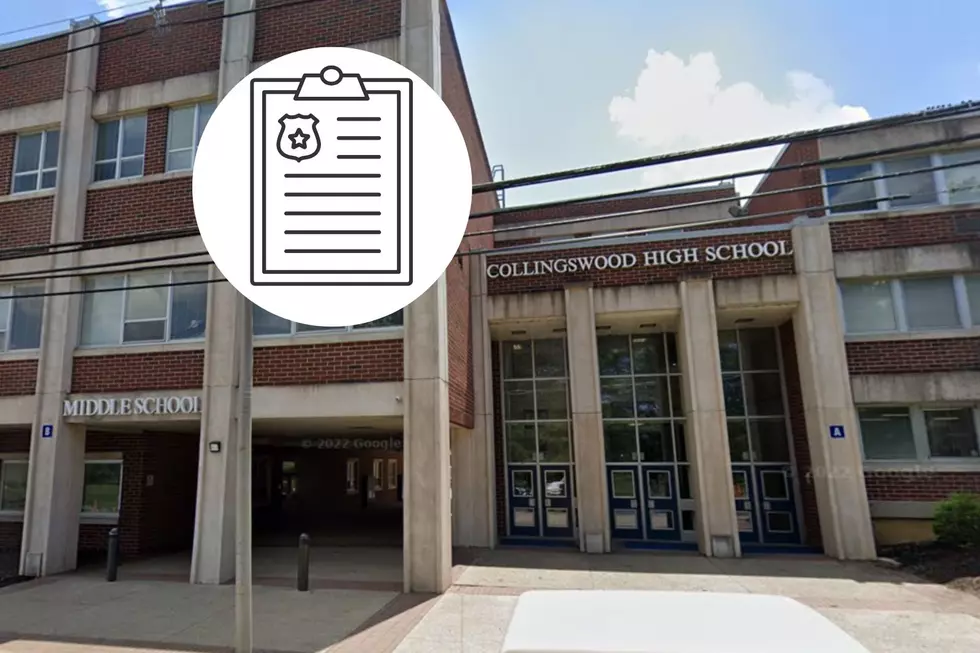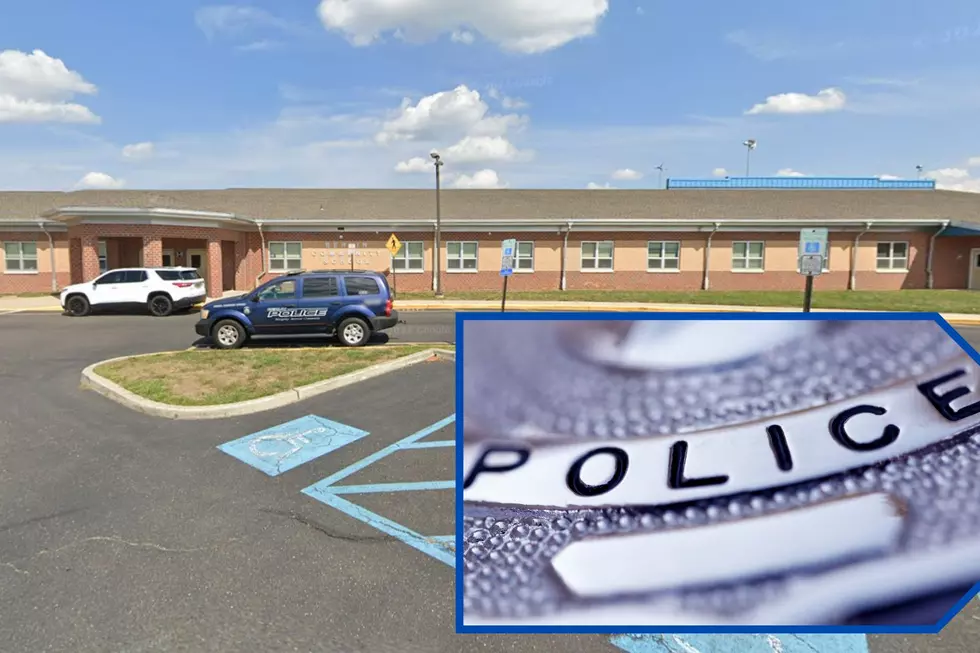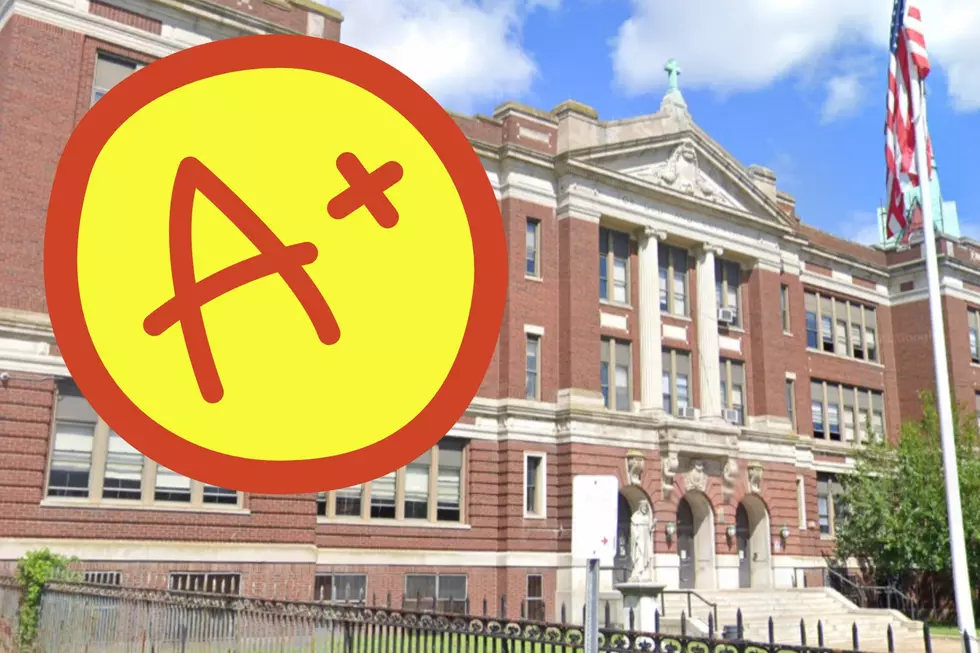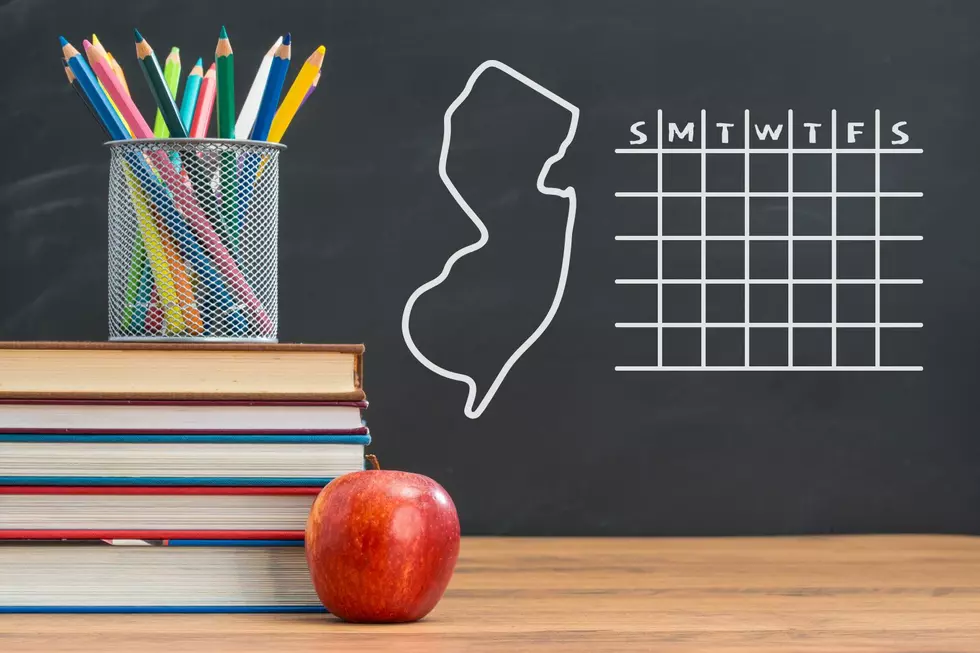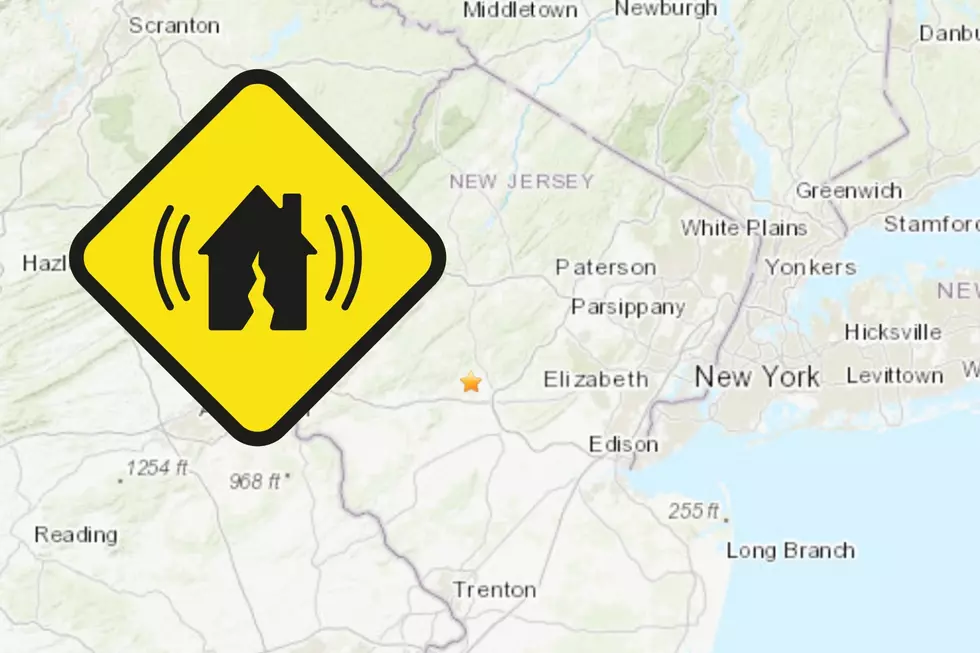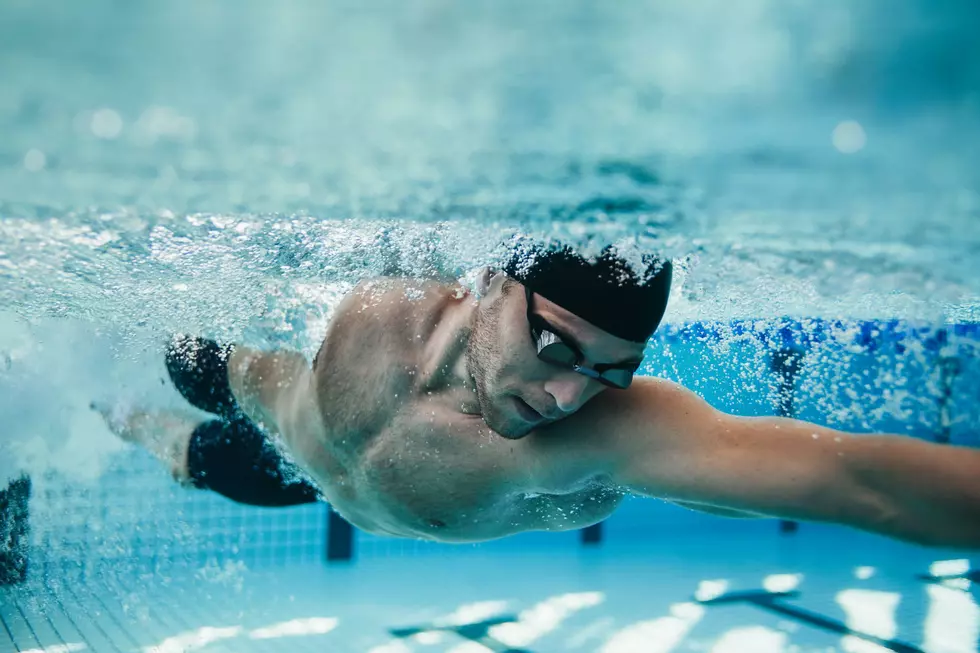
NJ swimmers want back in the pool — How long will it take?
It’s a different season, same emotion for teen athletes in New Jersey.
First, the COVID-19 pandemic wiped out Spring sports, including softball, baseball and lacrosse players around the state, and now the virus has stolen away already nearly three months of pool time for competitive swimmers.
Jerry Zheng and Andy Moss are both sophomores at Ridge High School in the Basking Ridge section of Bernards and swim for their school as well as the Somerset Hills YMCA swim team.
An online petition they created, asking Gov. Phil Murphy to reopen community pools ”for competitive swimmers only to train” has attracted more than 17,000 signatures, with lots of support from fellow swimmers, parents and coaches, Zheng and Moss said.
Their petition points to suggested restricted reopening plans from USA Swimming, as well as the Centers for Disease Control and Prevention guidance that chlorine should inactivate the virus.
Reopening community pools is “a very big question of risk versus reward” and there is an added level of concern for indoor facilities, according to Judith Josephs, aquatic section education chairwoman for the New Jersey Recreation and Park Association.
Josephs said while it is true that CDC guidance is that the virus does not live in chlorinated water, swimmers’ faces and bodies are not always entirely submerged, which means the virus still can be spread.
She continued air quality is a big issue for indoor facilities, due to the aerosol and airborne risks associated with this virus.
According to a researcher’s letter published by the New England Journal of Medicine in April when dealing with COVID-19, “Aerosols from infected persons may therefore pose an inhalation threat even at considerable distances and in enclosed spaces, particularly if there is poor ventilation.”
GETTING NJ BACK TO BUSINESS: LIVE, THURSDAY at 7 p.m.: Eric Scott welcomes state Senate President Steve Sweeney into the studio to take your feedback on how to help local NJ businesses as they restart and grow their operations, after shutdowns due to the novel coronavirus pandemic. More information here.
“The New Jersey Recreation and Parks Association has been with the Department of Health through this whole thing, trying to find a way to make this work — but it should be decided on science, and finances, and not on emotion,” Josephs said.
Josephs said the level of sanitizing necessary, with all the touch points around a pool — locker rooms, showers, railings — could require smaller, separate training sessions, with at least an hour in between to disinfect surfaces.
According to its website, the Somerset Hills YMCA Swim Team includes 230 swimmers between the ages of 7 and 18, who typically compete year round in both YMCA and USA sanctioned swimming events.
In a written statement, the Greater Somerset County YMCA said it applauds Moss and Zheng for their leadership and for sharing their passion, and that it will be ready when pools are legally permitted to reopen, as daily maintenance has continued.
“Across New Jersey, the 31 separate YMCA Associations have been working together through our NJ YMCA State Alliance to develop reopening plans and advocate on behalf of all NJ Ys,” according to the Greater Somerset County YMCA, which said that included regular communication with the state Department of Health and Governor’s Office.
“We understand that our swimmers continue to grow ever more frustrated by the situation as they see the reopening and scheduled reopening of New Jersey’s beaches, waterways, outdoor recreational businesses and non-essential retail and service businesses—all while our Y’s pools sit idle.”
The Greater Somerset County YMCA also said “without a confirmed reopening date for facilities like ours from the Governor and specific guidance from state and local health officials, we remain in this seemingly perpetual planning phase,” and called staying safe a “team effort.”
Josephs said of waiting on the state Department of Health guidance, “All these pools are varied sizes, with different ownership and different finances. Many municipal pools, because they won’t open until well into July, financially can’t support those operations because they’re used to having a revenue base that runs from Memorial Day until Labor Day.”
“Swim team practice or workouts will look very very different. Are they possible yes? Are they probable? Highly improbable,” Josephs said.
She continued for outdoor recreational pools, there are many physical changes that have to happen, increased cost, including for sanitizing and a top concern for staff safety.
“Can the employees, the lifeguards, many of whom are teenagers — can they be protected in their role, frankly, as first responders,” Josephs said, noting “Rescues are not like you see on Baywatch — it involves spitting, sometimes vomit, sometimes foam, so there is a risk to these young lifeguards that they will have to accept.”
As for when the clearance is finally given for pools to legally reopen, “Recreation and parks people are people pleasers, we want everybody to be safe and have a good time,” but the conditions will not be what folks are used to at summer time.
Based on CDC considerations, guests would be staying with their own quarantine group, wearing masks when not swimming, bringing their own chairs, with no use of tables and would have to socially distance in the water, Josephs said, adding “the very nature of the fun outdoor pool is so contrary to all of these considerations.”
Public pool operations or YMCAs or athletic swim clubs are built on risk but this risk has more implications, according to Josephs.
“The biggest concern of recreation and park directors is the safety of their staff and their guests. If this should cause a spike so that kids can’t return to school in September, that’s a heavy burden for an aquatic director to think about,” Josephs said.
More from New Jersey 101.5:
10 reasons students wearing masks to school won’t work - by Jeff Deminski
More From New Jersey 101.5 FM

